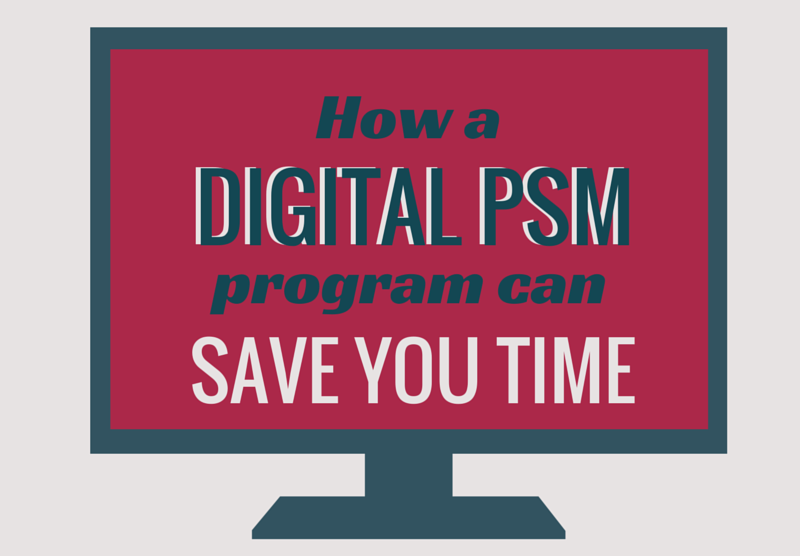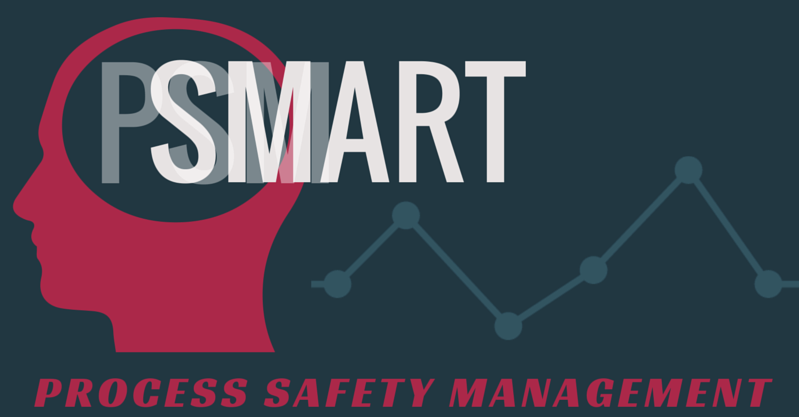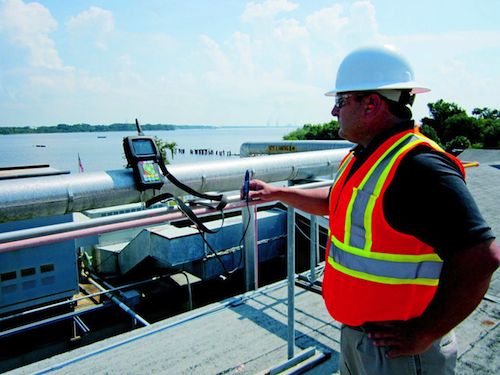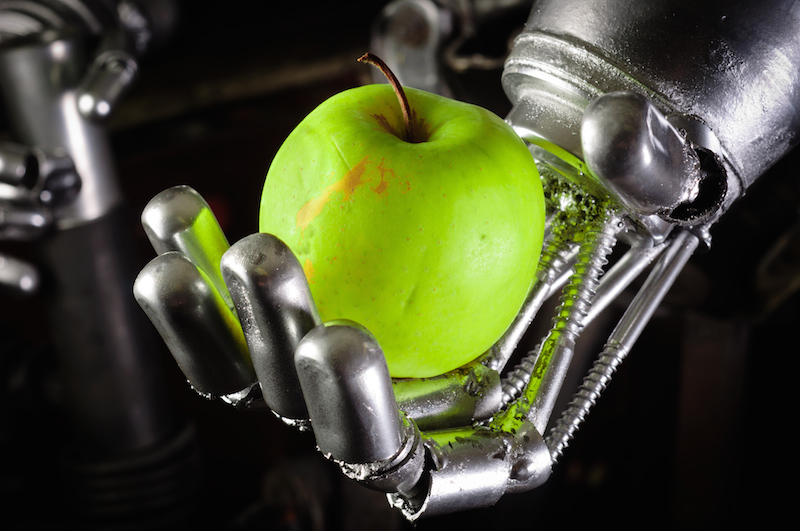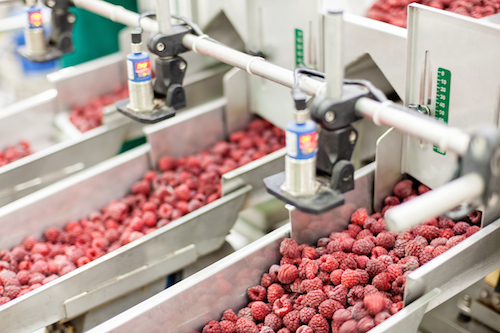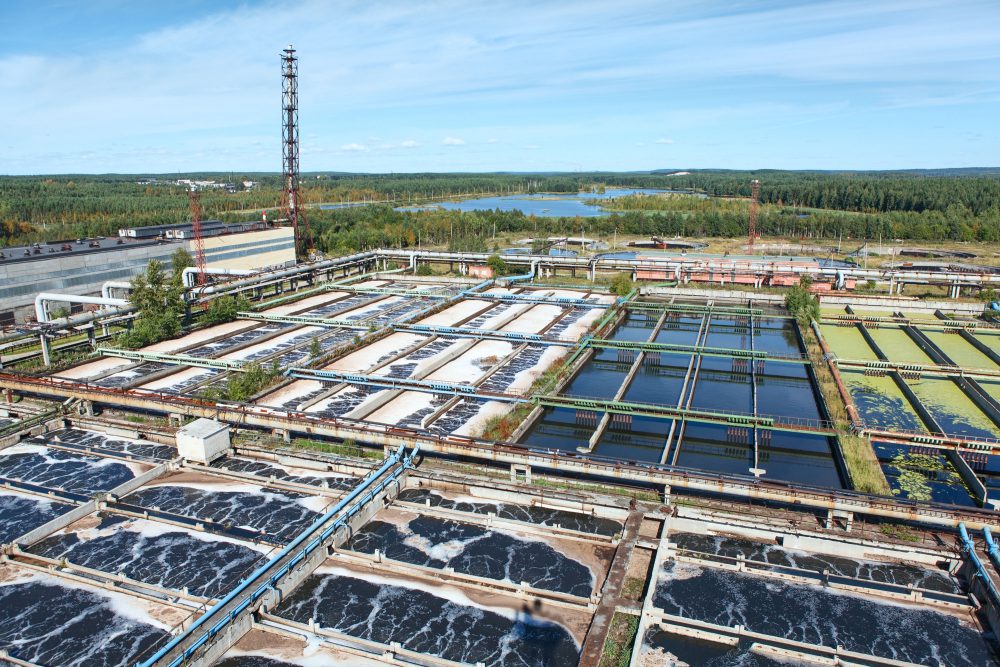3 Keys to Handling Crisis Communications for Your Food Manufacturing Plant
Construction projects do not always run as planned, sometimes resulting in emergencies that require immediate reactions. From tornados and hurricanes to roof collapses, I know that emergency response is no easy task. With much to get done, crisis communications used to be the furthest thing from my mind when it came to these types of situations. However, managing the press is key to not only avoiding a public relations disaster, but to protecting your employees and business. Continue Reading “3 Keys to Handling Crisis Communications for Your Food Manufacturing Plant”





